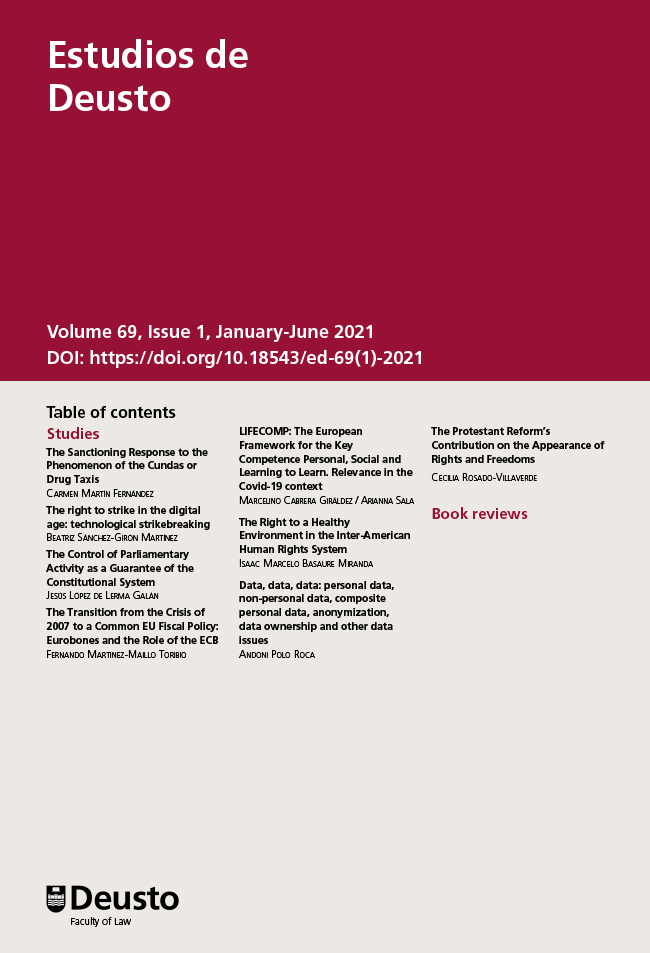Lifecomp: The european framework for the key competence personal, social and learning to learn. Relevance in the COVID-19 context
Abstract
While respecting the subsidiarity principle, the European Union fosters the Key competencies for lifelong learning. One of the eight key competences proposed by the European Council in its Recommendation of 2018 on Key Competences is ‘Personal, social and learning to learn’. LifeComp is the European conceptual framework for this competence. It establishes three areas and nine subcompetences: Self-regulation, Flexibility and Wellbeing (Personal area); Empathy, Communication and Collaboration (Social area); Growth mindset, Critical thinking and Managing learning (Learning to learn). The conceptual framework was released in June 2020. Having the LifeComp competences have proven to be relevant in the context of the Covid-19 pandemic. We describe the framework and provide indications on its potential for citizens now and in the post pandemic era.
Received: 29.05.2021
Accepted: 18.06.2021
Downloads
Last update: 08/02/2022
The authors, by submitting their manuscripts to the Estudios Deusto. Revista de Derecho Público, accept the conditions listed below on copyright and undertake to comply with them.
- Authorship: The author must be the sole creator of the work or legally acting on behalf of and with the full agreement of all the authors.
- Copyright, liability and Ethical Guidelines:
- Authors warrant that their manuscript is original; has not been previously copyrighted or published in any form; is not under consideration for publication elsewhere; its submission and publication do not violate the Ethical Guidelines of Estudios Deusto. Revista de Derecho Público and any codes (of conduct), laws or any rights of any third party; and no publication payment by the Publisher (University of Deusto) is required.
- Authors grant to the Publisher the worldwide, sub-licensable, and royalty-free right to exploit the manuscript in all forms and media of expression, now known or developed in the future, for educational and scholarly purposes.
- Authors retain the right to present, display, distribute, develop, and republish their manuscript to progress their scientific career provided the original publication source (Estudios Deusto. Revista de Derecho Público) is properly acknowledged and in a way that does not suggest the Publisher endorses them or their use of the work.
- Authors warrant that no permissions or licences of any kind have been granted or will be granted that might infringe the rights granted to the Publisher.
- Authors are solely liable for the consequences that may arise from third parties’ complaints about the submitted manuscript and its publication in Estudios de Deusto. Revista de Derecho Público.
- Users: Estudios de Deusto. Revista de Derecho Público is an Open Access publication. Its content is free for full and immediate access, reading, search, download, distribution and reuse in any medium or format only for non-commercial purposes and in compliance with any applicable copyright legislation, without prior permission from the Publisher or the author(s). In any case, proper acknowledgement of the original publication source must be made and any changes to the original work must be indicated clearly and in a manner that does not suggest the author’s and or Publisher’s endorsement whatsoever. Any other use of its content in any medium or format, now known or developed in the future, requires prior written permission of the copyright holder.



.jpg)
.jpg)
4.jpg)
4.jpg)
4.jpg)
.jpg)








